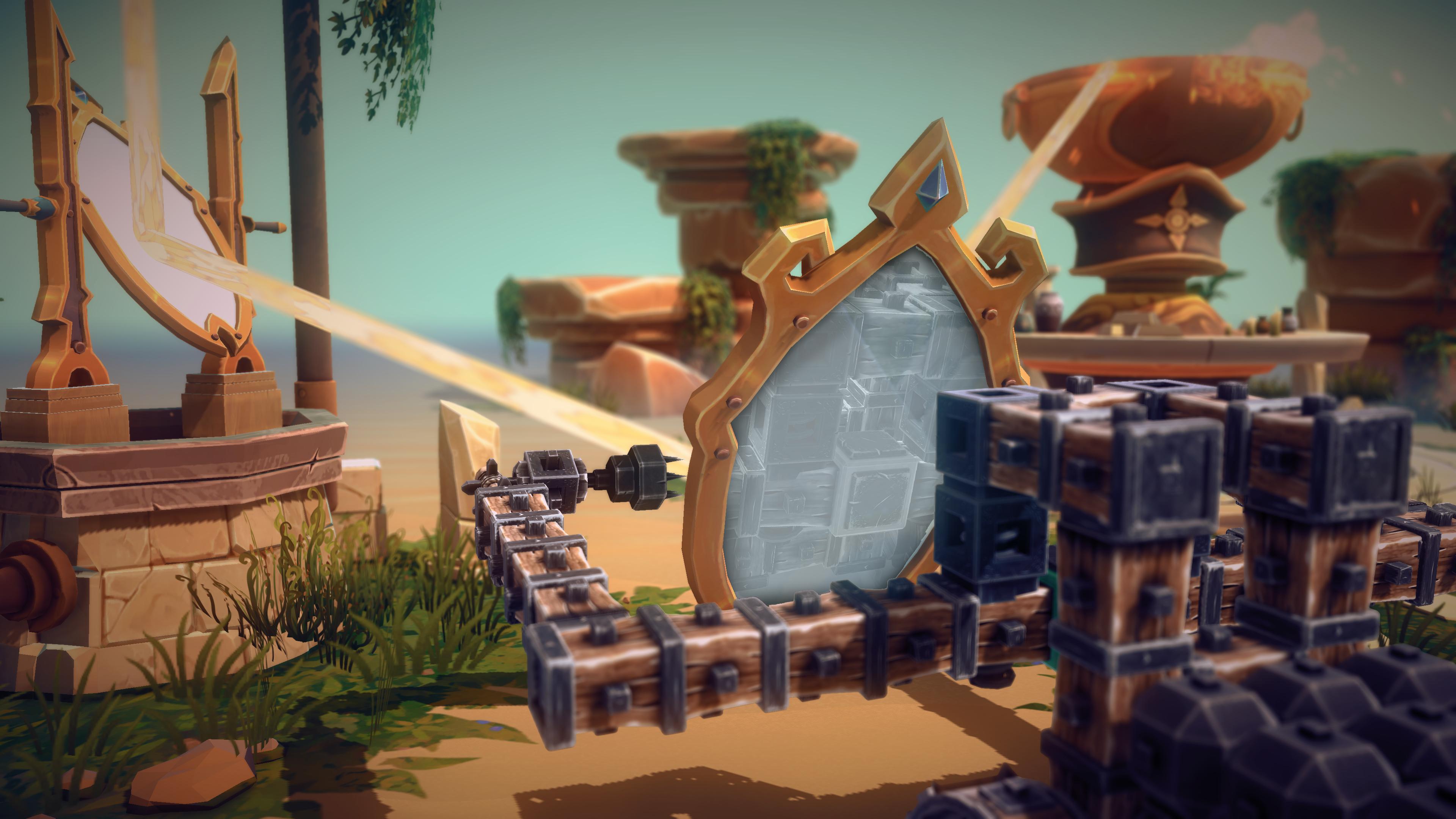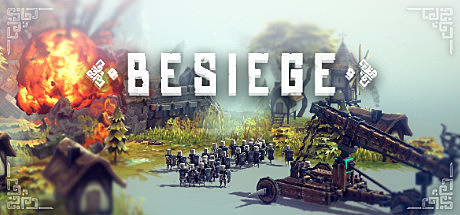

Civil life pertained to both combatants, of whatever rank, as well as to the rest of the population, including the common folk, making notarial acts an invaluable mine of information which project history from a different perspective. Although these legal documents present various difficulties, including palaeography, they are particularly important since they shed light on civil life as opposed to military activities. This will be done by consulting notarial deeds which, till today, remain a largely untapped primary source for historical investigation.


Instead of going into the physical and moral state of preparedness of these cities as a community, this paper intends to look into the personal testimonies left by those who lived through the three and a half month siege. Departing from the traditional military account which most of the literature concerning this event narrates, this paper aims to delve into more intimate stories which shed light on everyday life in the besieged towns of Birgu and Mdina. This essay attempts to recount a somewhat neglected aspect of the Great Siege of 1565. No brutality was spared and extreme violence was the order of the day. This fierce clash left its destructive mark not only on the warring adversaries but the more so on the Maltese inhabitants who found themselves immersed in a war which was not strictly theirs but of which they were forced to endure the hardships, participate in the ongoing combat, and face the daily extreme psychological pressure and physical cruelty which are generally meted out to the defenceless and the most vulnerable in the war zone. John and their European and Maltese allies on the other side, was macro in its significance. Happening in 1565, though micro in scale, the four-month engagement known as the Great Siege of Malta which was fought between the Ottoman Turkish troops and their Barbary Coast partners on the one side and the Hospitallers of the Order of St. The paper will take as a case study one of the epic Mediterranean battles in the ongoing Christian versus Muslim conflict of the Early Modern Age. All warring parties suffer in one way or another but those who suffer most are usually those who least deserve it-the common folk. War is arguably the most extreme scenario for the exertion of violence.


 0 kommentar(er)
0 kommentar(er)
